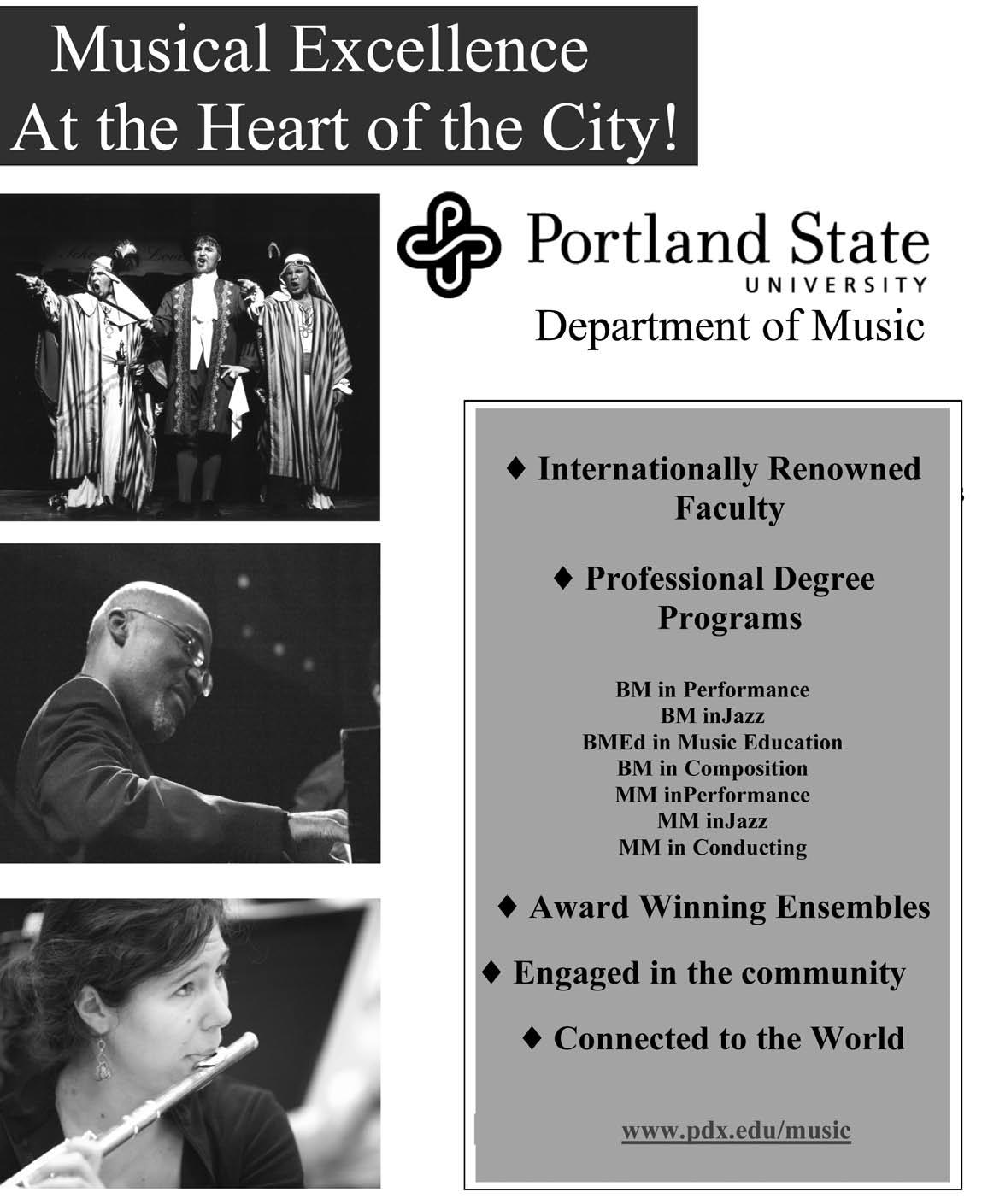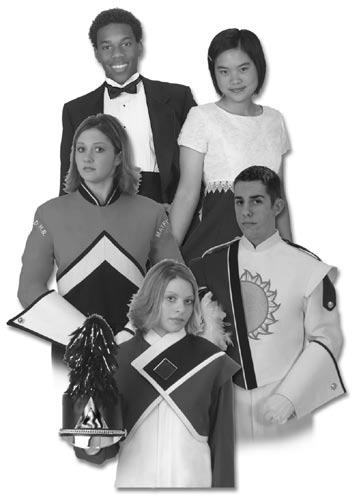
2 minute read
MiCColumnCakMarshall MiCrepresentative iwillBeYourFriend
As we plan for Martin Luther King Day and African American History Month, I thought it would be good to introduce or reacquaint OMEA readers with a wonderful resource that was shared with me several years ago.
The journal, Teaching Tolerance, regularly publishes articles of interest for all educators, and I’ve asked Jennifer Smith-Holladay, who is the interim director for the magazine, to share a little about the history of her organization and its goals for educators.
Advertisement
Jennifer writes:
The Southern Poverty Law Center (SPLC) was founded in 1971 as a small civil rights law firm. Today, SPLC is internationally known for its tolerance education programs, its legal victories against white supremacists and tracking of hate groups.
Located in Montgomery, Alabama—the birthplace of the Civil Rights Movement—the Southern Poverty Law Center was founded by Morris Dees and Joe Levin, two local lawyers who shared a commitment to racial equality. Its first president was civil rights activist Julian Bond.
Throughout its history, SPLC has worked to make the nation’s constitutional ideals a reality. The SPLC legal department fights all forms of discrimination and works to protect society’s most vulnerable members, handling innovative cases that few lawyers are willing to take. Over three decades, it has achieved significant legal victories, including landmark Supreme Court decisions and crushing jury verdicts against hate groups.
In 1981, the Southern Poverty Law Center began investigating hate activity in response to a resurgence of groups like the Ku Klux Klan. Today the SPLC Intelligence Project monitors hate groups and tracks extremist activity throughout the U.S. It provides comprehensive updates to law enforcement, the media and the public through its quarterly magazine, Intelligence Report. Staff members regularly conduct training sessions for police, schools, and civil rights and community groups, and they often serve as experts at hearings and conferences.
To combat the causes of hate, SPLC in 1991 established Teaching Tolerance, an educational program to help K-12 teachers foster respect and understanding in the classroom. Teaching Tolerance is now one of the nation’s leading providers of anti-bias resources—both in print and online. Its award-winning magazine is distributed free twice a year to more than 500,000 educators, and its innovative multimedia kits are provided at no charge to thousands of schools and community groups.
Four things every music educator can do to promote our ideals:
1. Include music about diversity and multicultural themes; i.e., songs of welcome, friendship, caring and courage, and many other dimensions of life in a multicultural community.
2. Honor the diversity we find here at home— not just by including songs about diversity, but also by ranging as far and wide as possible in musical styles and sources—rap, folk, jazz, gospel, show tunes, spoken word, and traditional song.
3. Embrace learnable, singable music in languages from numerous immigrant communities, as well as the indigenous languages spoken in North America today.

4. For music educators working with young children, consider using our free music anthology, I Will Be Your Friend, available for FREE at www.tolerance.org/teach/resources/ your_friend.jsp continued on page 22...









